The 3rd Commandment
- You Shall Not Take the Name of YAHveh Your God in Vain -
The Third Commandment, “You shall not take the NAME of YAHveh your God in vain [original Hebrew says, to bring to naught—makes a holocaust or obliterate], for YAHveh will not leave him unpunished who takes His name in vain” (Deuteronomy 5:11). What is the Name of YOUR God? The Creator of heaven and earth has an incomparable and sacred name, which He will not share with other gods—for He will give His glory to no other (see Isaiah 42:8). His name throughout the Scriptures is called holy and exalted. In the Old Testament, the names of pagan gods are spelled out (e.g., Molech, Dagon, Ashtoreth, Baal, Marduk and others), yet His divine and most holy name has been substituted, with rare exceptions, with the generic title LORD. In Exodus 3, Moses, the deliverer of Israel, is timid yet obedient in his call to go to Pharaoh to deliver the Jews from bondage. Before going to Pharaoh, Moses asks: “Behold, I am going to the sons of Israel, and I shall say to them, ‘The God of your fathers has sent me to you.’ Now they may say to me, ‘WHAT IS HIS NAME?’ What shall I say to them?” And God said to Moses, “I AM WHO I AM;”[i] … ‘I AM has sent me to you.’” And God, furthermore, said to Moses, “Thus you shall say to the sons of Israel, ‘YAHveh,[ii] the God of your fathers, the God of Abraham, the God of Isaac, and the God of Jacob, has sent me to you.’ This is My name forever, and this is My memorial-name to all generations.” (Exodus 3:13-15)
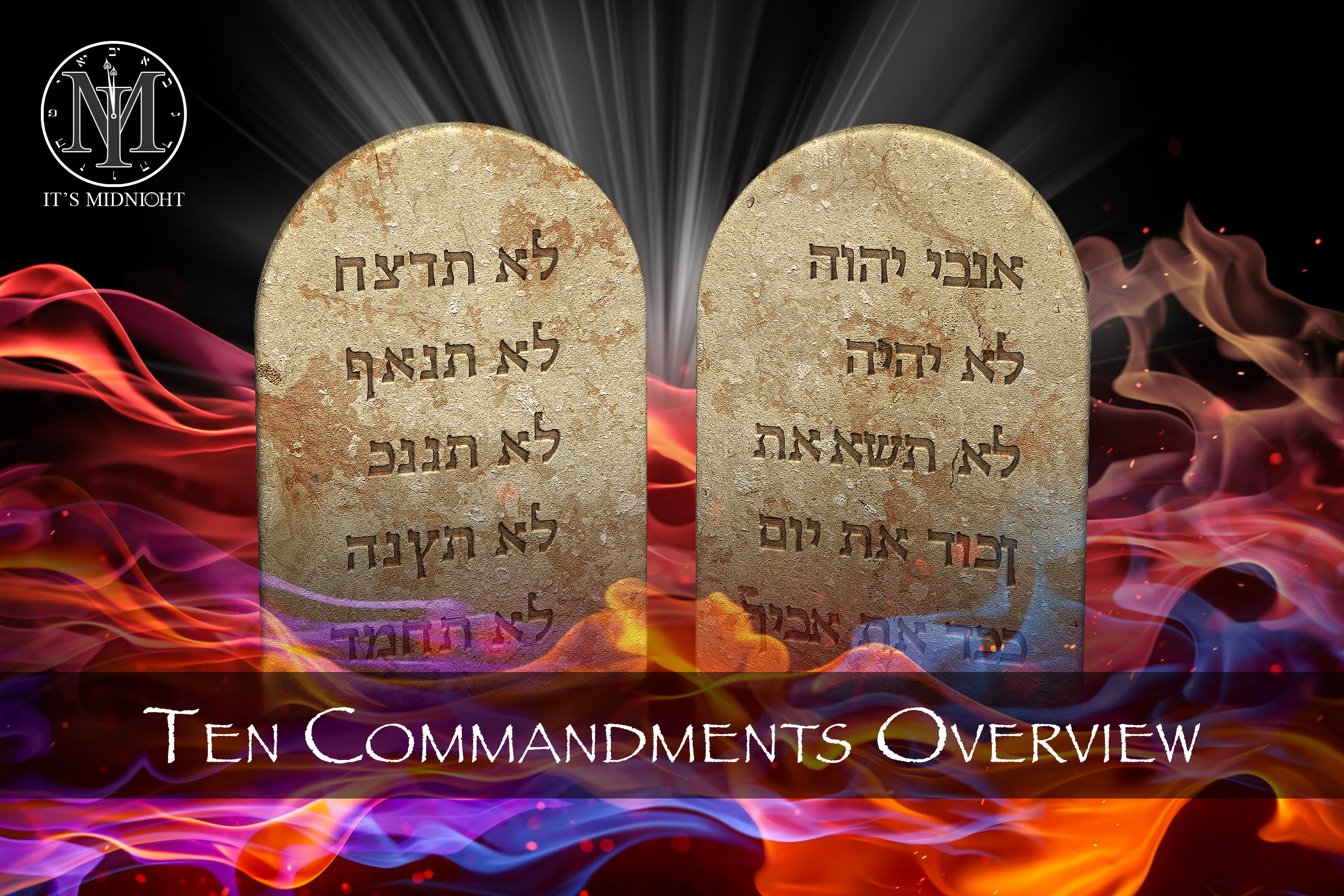
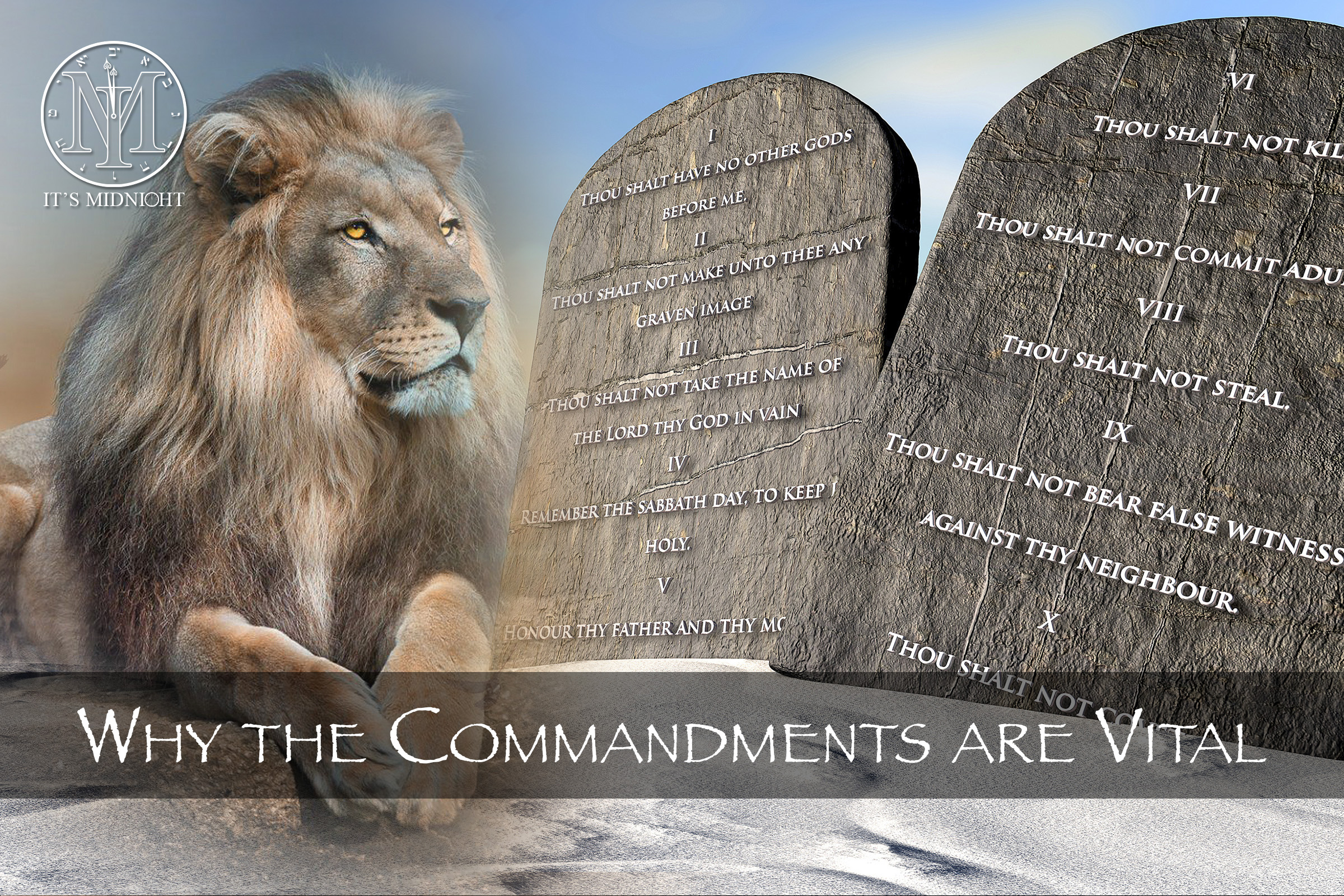
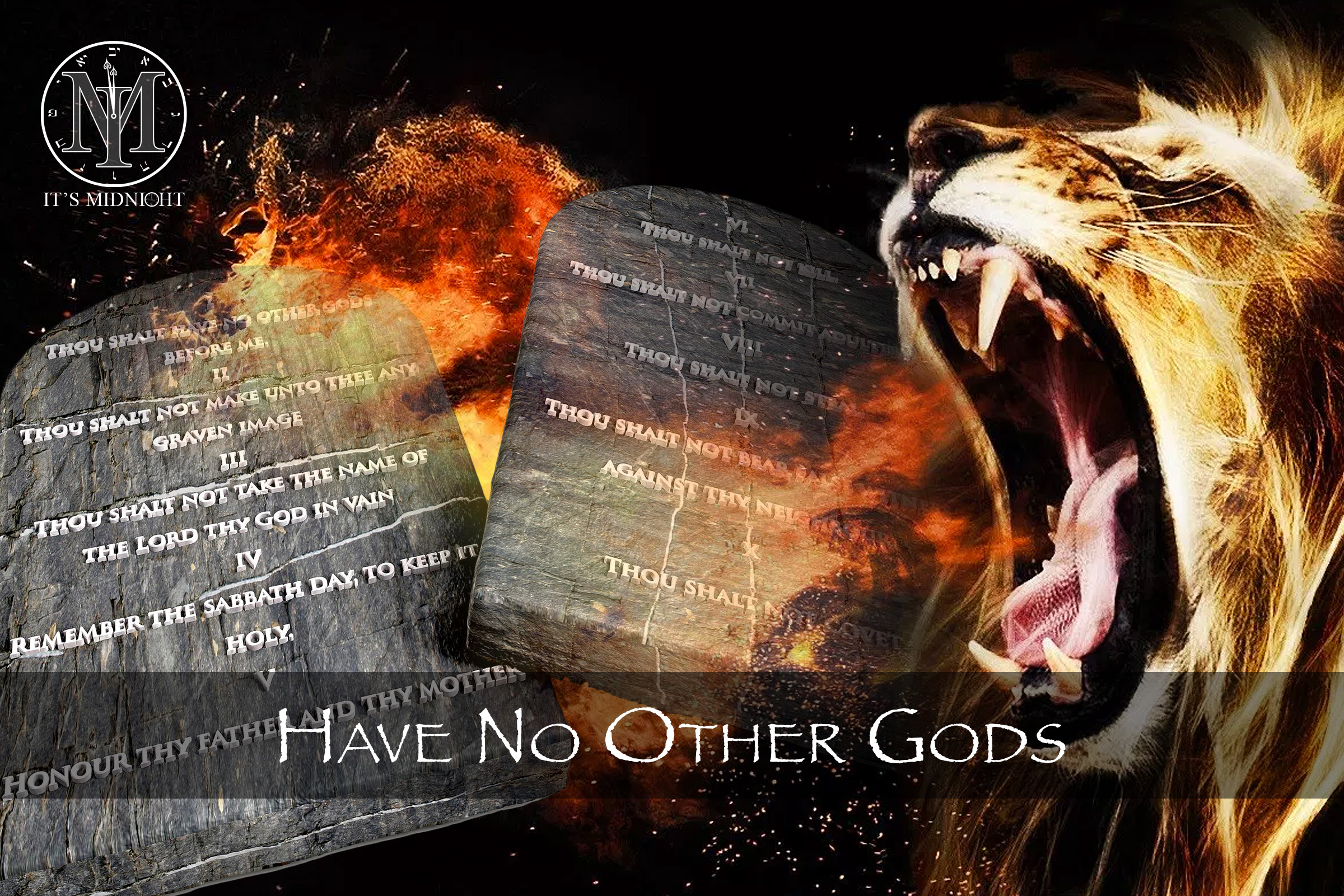
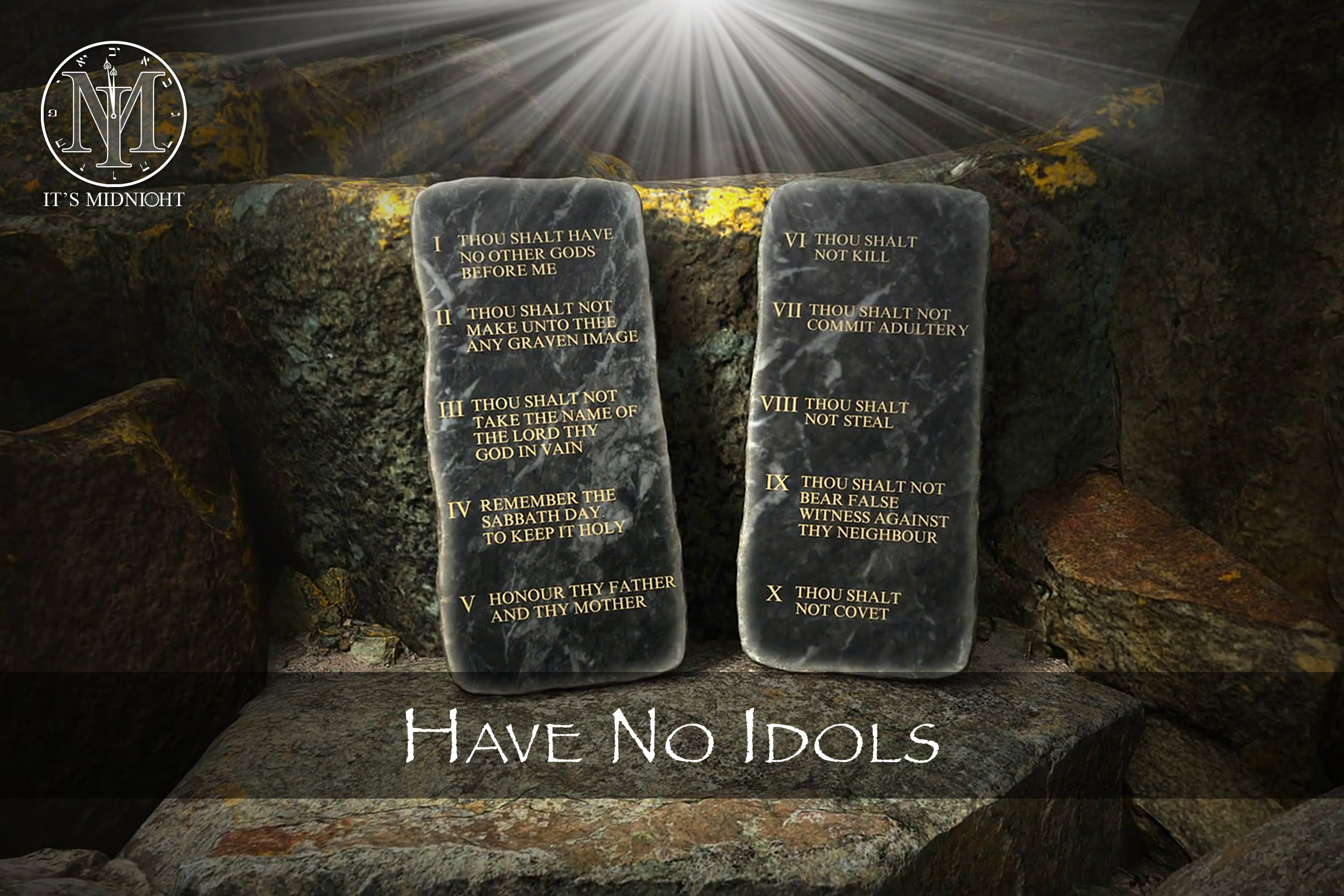
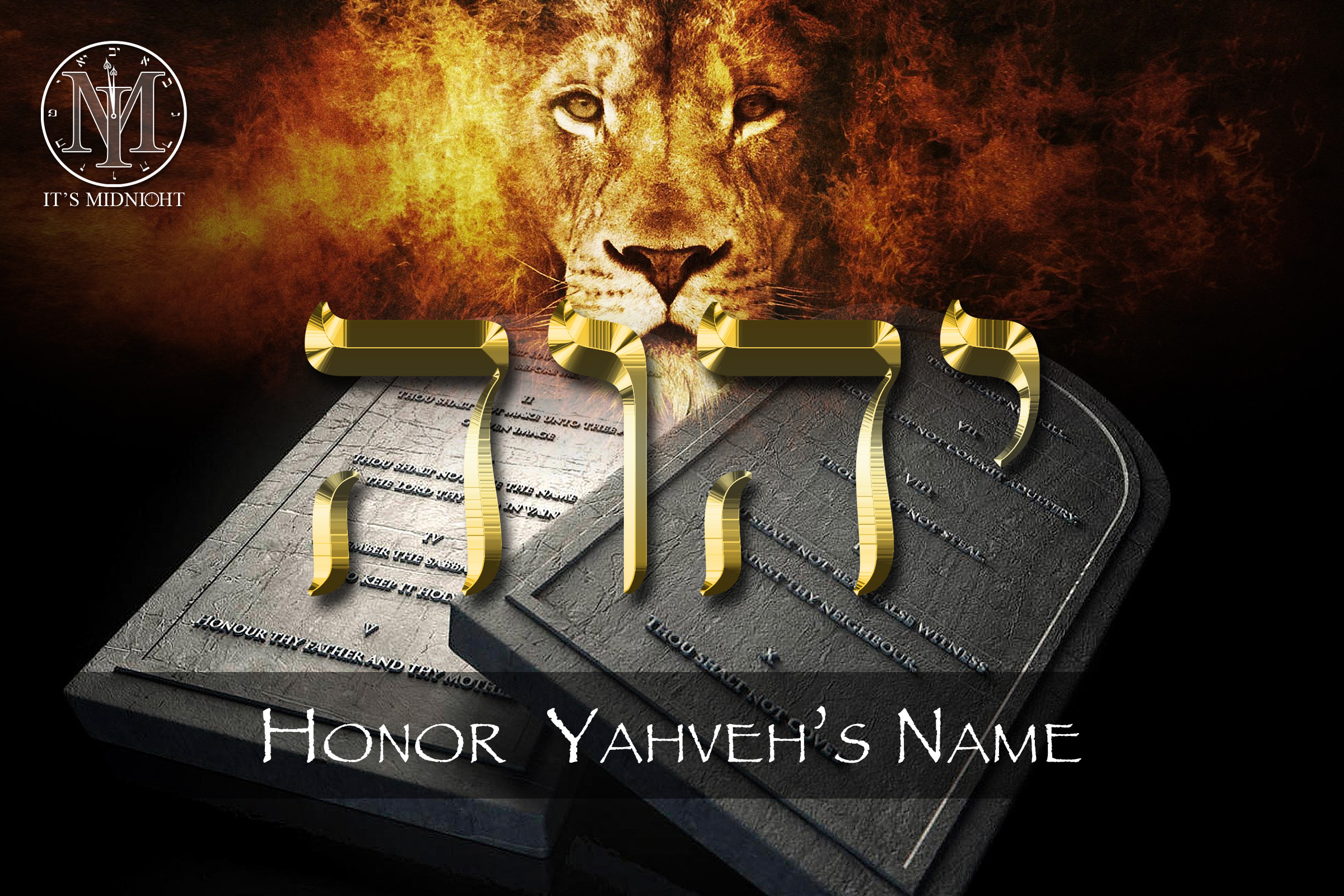
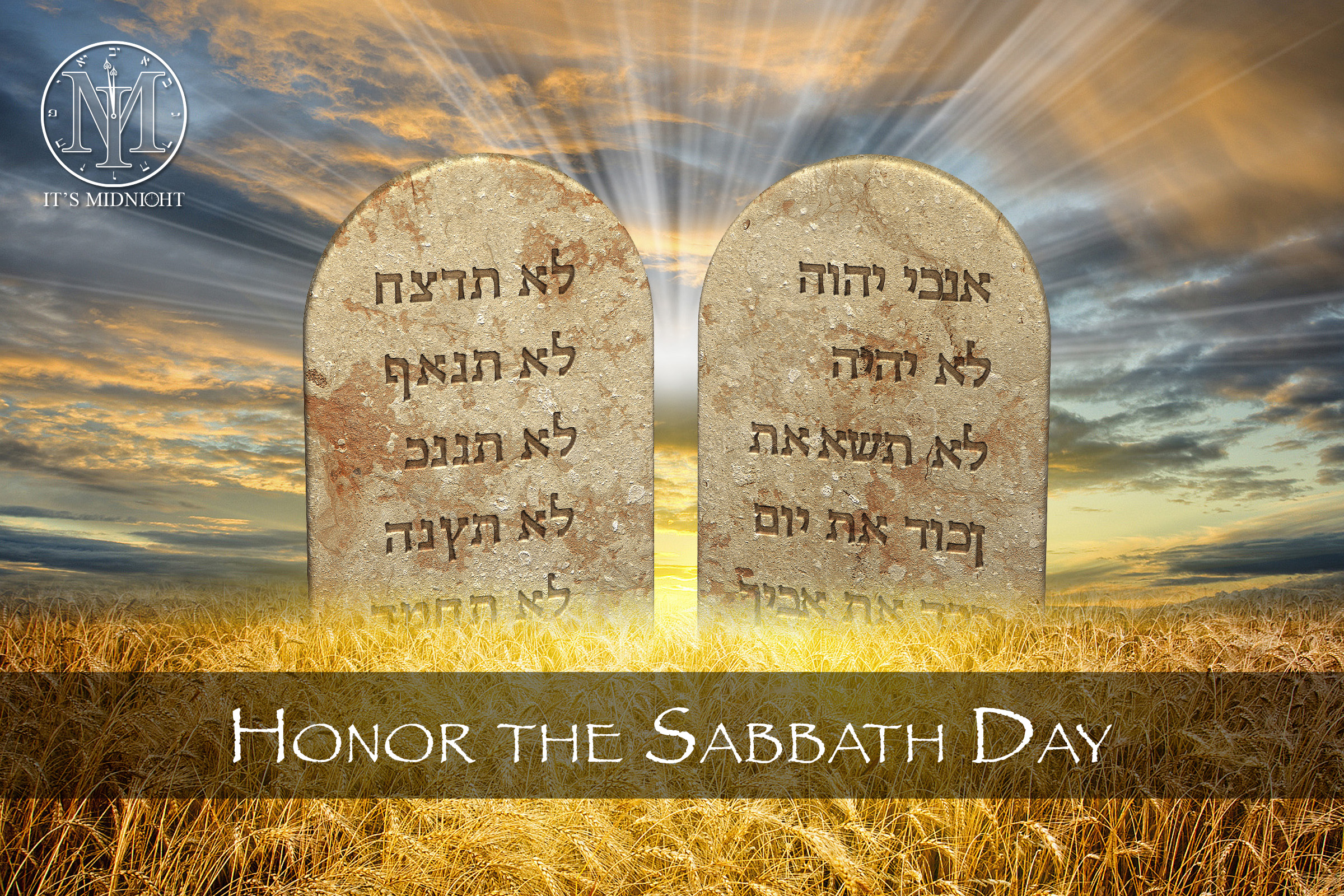

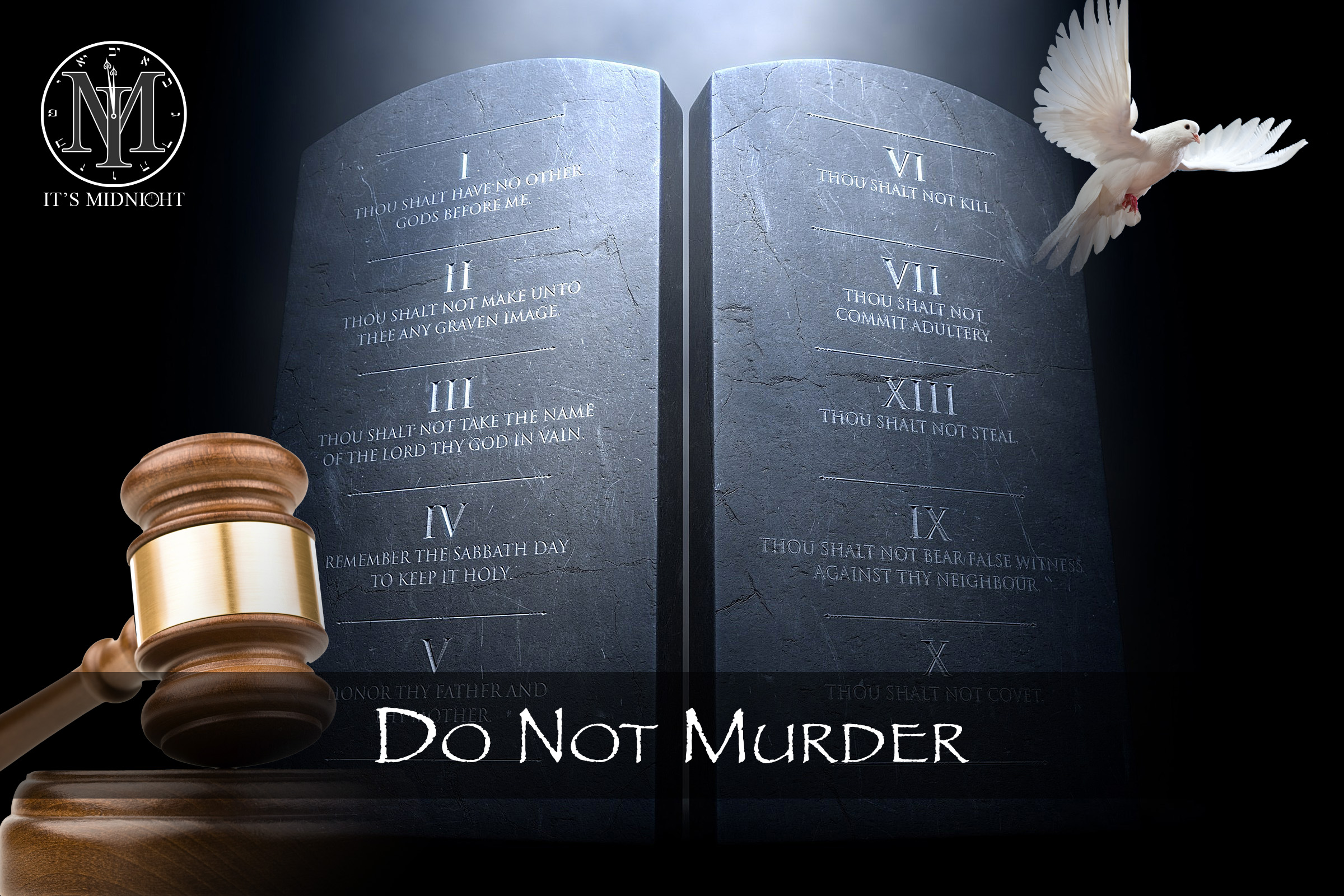
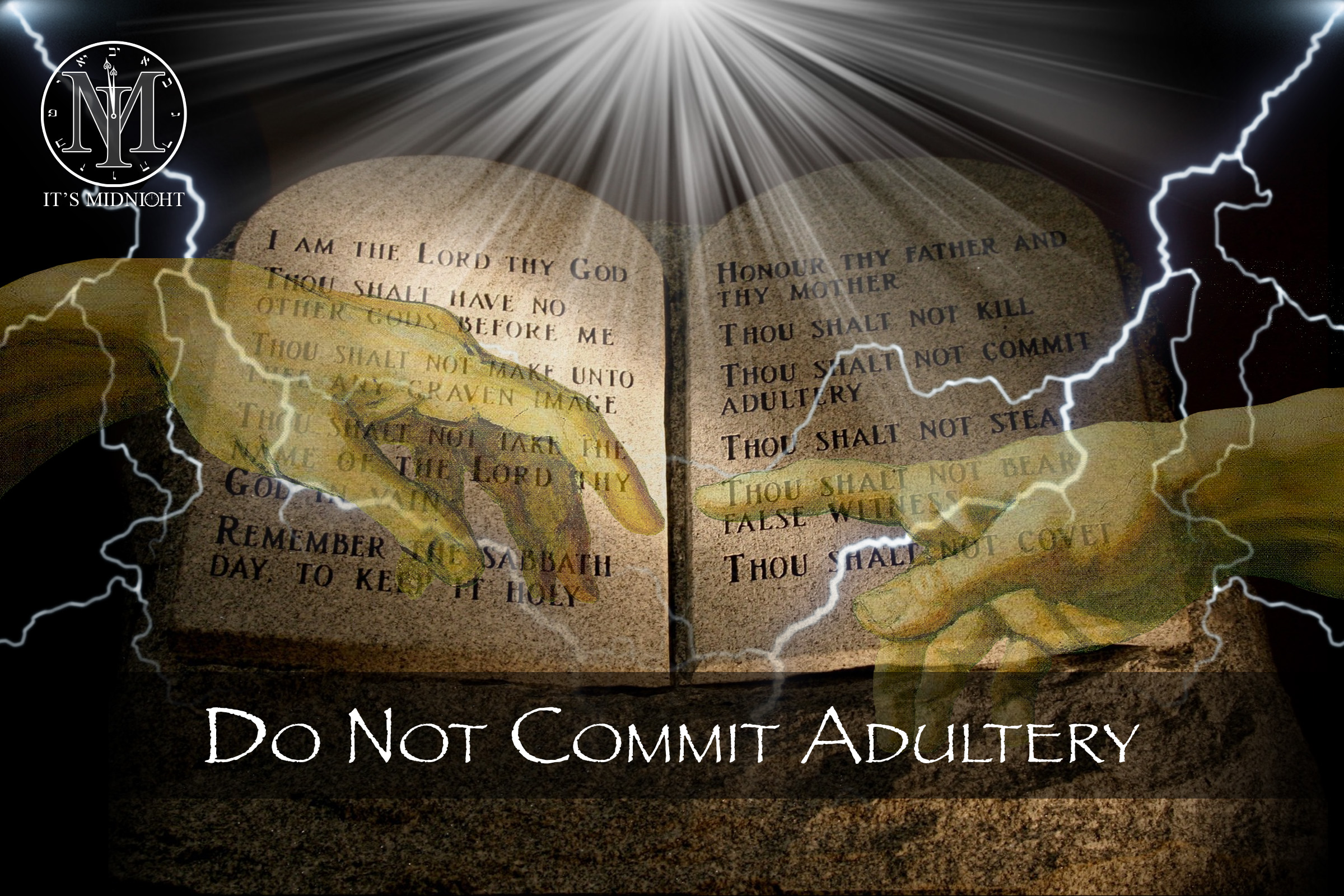
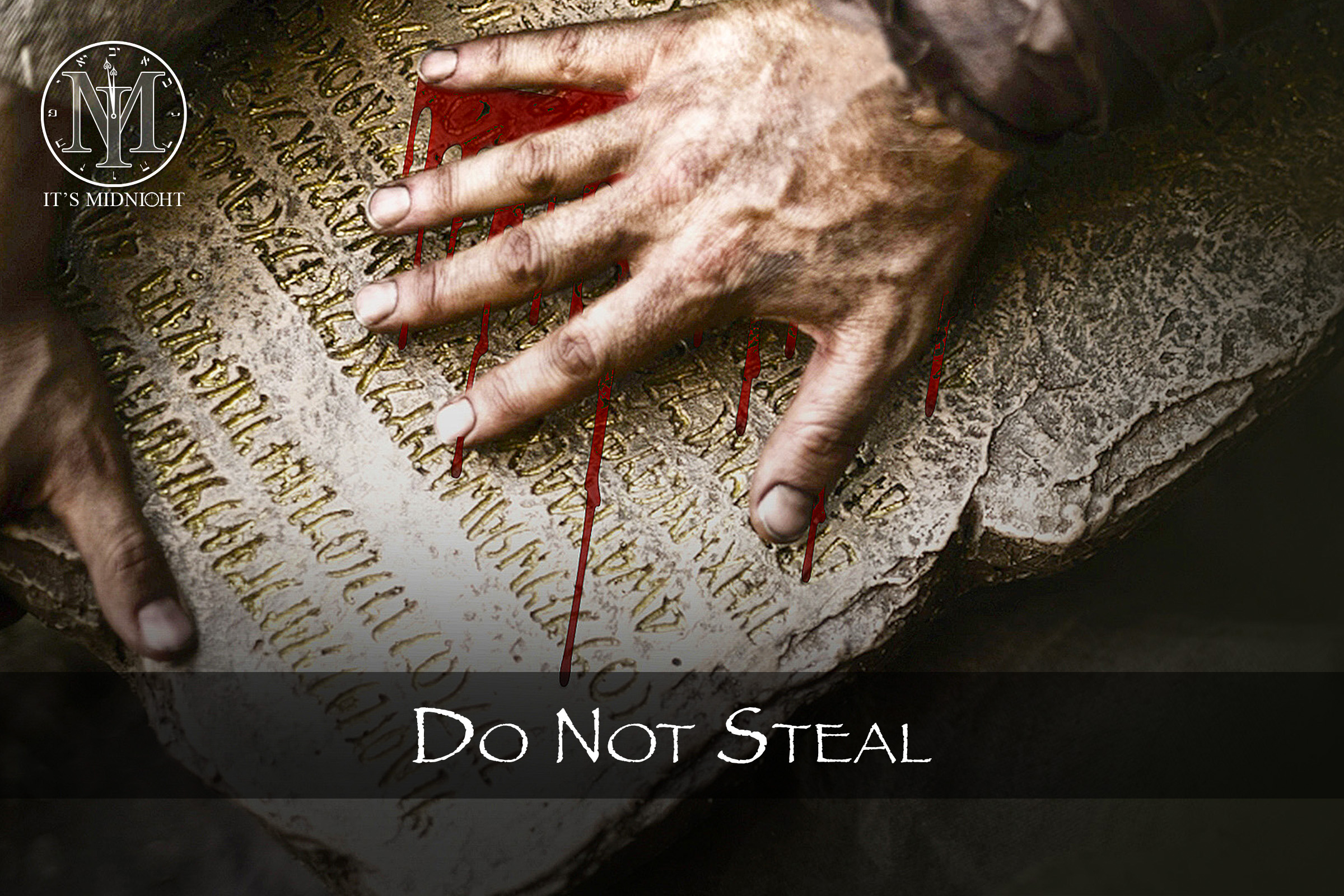
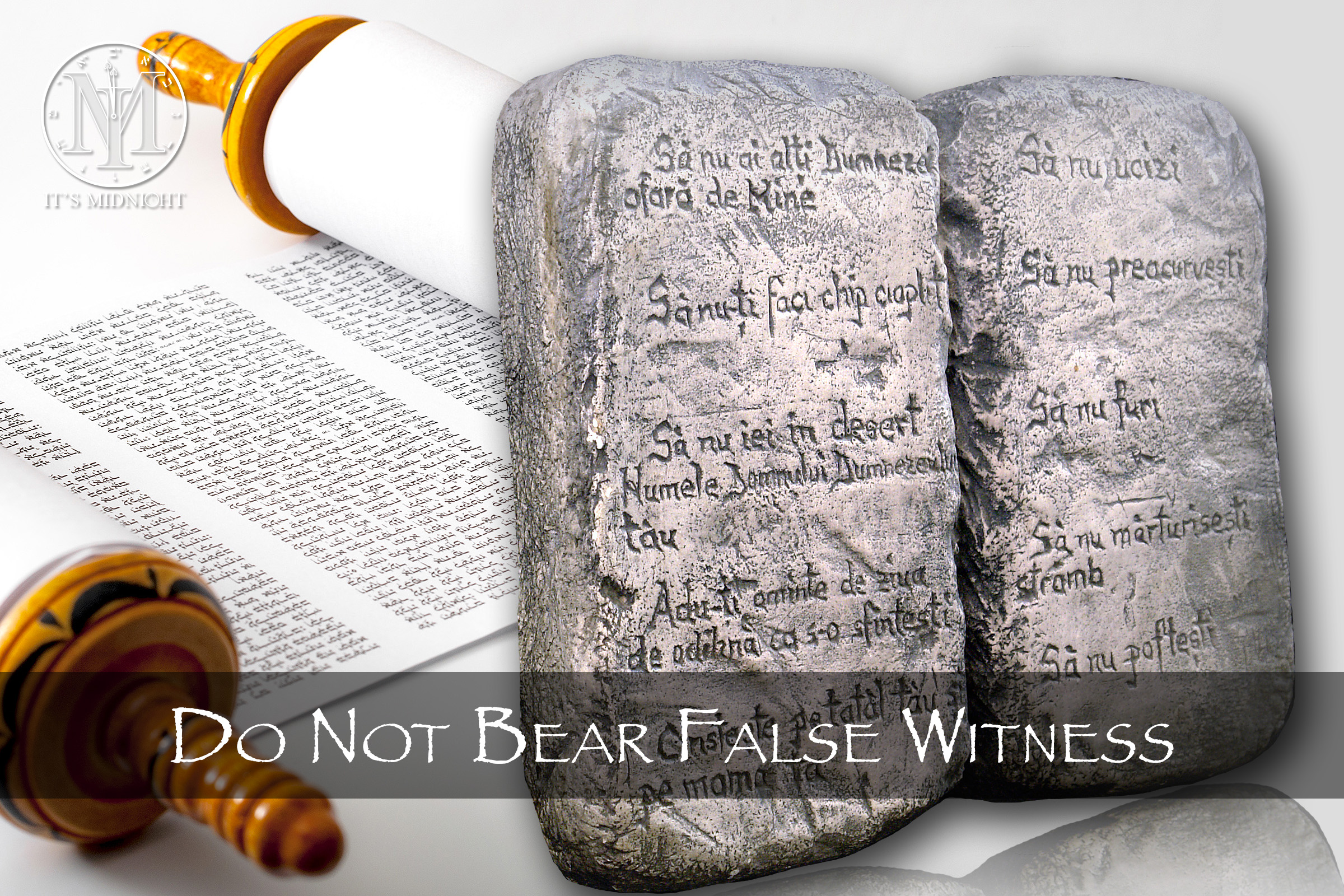
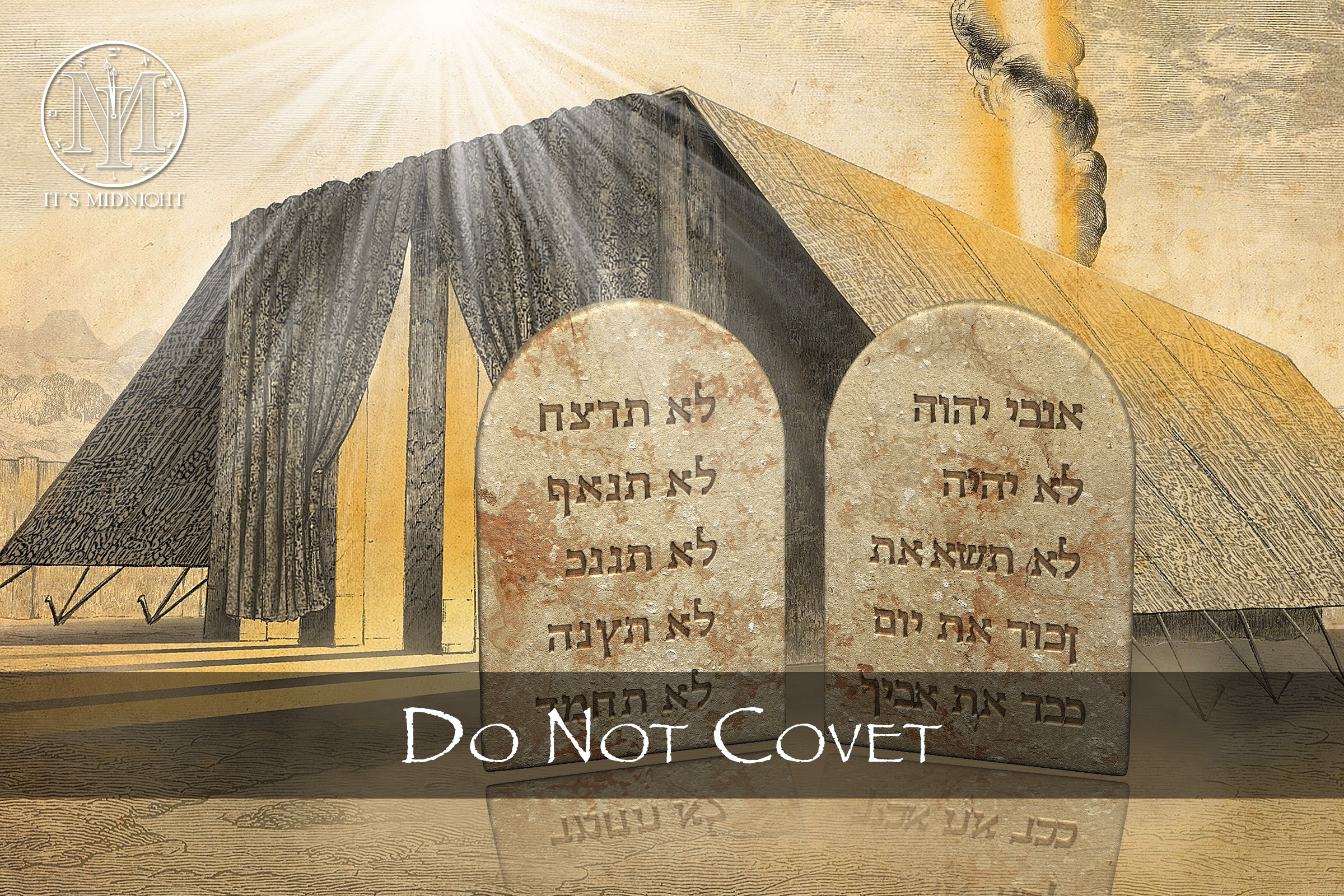
Did He intend for His Name to be forgotten? The Scripture says: “let YAHveh be found true, though every man be found a liar …” (Romans 3:4). YAHveh is the same yesterday and today and forever. The Almighty’s true and holy name, consisting of the Hebrew letters Yod Hey Vav Hey, appears approximately 7,000 times in the Old Testament. A footnote on Deuteronomy 28:58 expresses with perplexity: “One of the oddities of history and revelation is the loss of the proper pronunciation of the Hebrew YHWH, the most intimate and personal name of God in the OT [Old Testament]” (emphasis added).[iii]
Many dictionaries render YAHveh (or YAHweh) as the accurate spelling and pronunciation of the original name of the Almighty. The Hebrew letter “vav” is represented in English by the letters “V” or “W.” However, Jewish scholarship leans towards the “V” as the ancient and correct representation of the letter “vav.” “Overwhelming scholarly opinion holds that YHVH [Yod Hey Vav Hey] was in Moses’ time pronounced Yahveh” (emphasis added).[iv] A real artifact regarding His holy name is to be found in the Psalms—in the New King James Version: “Sing to God, sing praises to His name; extol Him who rides on the clouds, by His Name YAH, and rejoice before Him” (Psalm 68:4 NKJV— emphasis added). YAH is a poetic contraction of YAHveh. The New King James Version has three other verses that use YAH in its original form−Isaiah 12:2, Isaiah 26:4, and Isaiah 38:11. His voice declares to us through Isaiah: “Therefore My people shall know My name; ...” (Isaiah 52:6).
YAHveh never intended for His name to be lost to a common title shared by other gods. He declares through His prophet Isaiah: “I am YAHveh; that is My name; I will not give My glory to another, …” (Isaiah 42:8). “… for YAHveh, whose name is Jealous, is a jealous God [He is jealous for His holy memorial-name!]” (Exodus 34:14). In Exodus 20:24 we have a beautiful promise to those who revere His name: “‘… in every place where I cause my name to be remembered, I will come to you and bless you.’” He calls to you through His love letter—His matchless Word—emphasizing with passion to a people who have ears to hear Him say: “My name is YAHveh. Draw near to Me; hear My name, speak My name, praise My name, honor My name; then I will most certainly come and bless you” (author’s paraphrase). YAHveh speaks to us through the prophet Ezekiel: “So will I make my holy name known in the midst of my people Israel [and all Gentiles joined with her]; and I will not let them pollute [dissolve][v] my name any more: and the heathen shall know that I AM [YAHveh], the Holy One in Israel.” (Ezekiel 39:7 KJV — emphasis added)[vi] Because YAHveh is jealous for His name, He desires a purified and separated remnant—redeemed by the blood of the Messiah—to proclaim and bring praise and glory to His holy name. To the best that we can ascertain, we are speaking the name above all names, until we hear it face to face in His presence.
HalleluYAH (Praise Be To YAH)
Hoping we can all with one accord, to one degree or another, say HalleluYAH, we can move on to this universal and well-known word. This most exalted form of praise has been spoken, written, prayed and sung by Jews and Christians alike for thousands of years. HalleluYAH is simply: Hallelu—“praise be to,” YAH—“YAHveh, the one true living God.” Praise be to YAH—HalleluYAH!
The proclamation of Yahveh’s name elicits from the worshiper the highest form of praise, glory, and honor due to the almighty King. His name speaks of His salvation for Israel and all Gentiles joined with her. His name proclaims His infinite mercy, compassion, goodness, protection, and deliverance for those who love Him and revere His name. His name also declares His holiness and resulting vengeance against Israel’s enemies and His judgments and wrath upon all who mock His name and transgress His righteous commandments. Those who wholeheartedly exclaim “HalleluYAH” bring glory to the name of Yahveh and give praise to all that His name embodies. “There is none like Thee, O Yahveh; Thou art great, and great is Thy name in might. Who would not fear Thee, O King of the nations? Indeed it is Thy due! …” (Jeremiah 10:6-7).
Many of King David’s psalms, as well as those written by the other psalmists, were aimed at the magnification and exaltation of Yahveh’s holy memorial-name. “Ascribe to Yahveh the glory due to His name; worship Yahveh in holy array” (Psalm 29:2). — “Let them praise the name of Yahveh, For His name alone is exalted; …” (Psalm 148:13). — “O magnify Yahveh with me, And let us exalt His name together” (Psalm 34:3). — “Oh give thanks to Yahveh, call upon his name; … Glory in His holy name; Let the heart of those who seek Yahveh be glad.” (Psalm 105:1-3)
The holy Scripture, YAH’s written, eternal Word, concludes the ages with a resounding of heavenly HalleluYAHs: “I heard, as it were, a loud voice of a great multitude in heaven, saying, ‘HalleluYAH! Salvation and glory and power belong to our God …’ And a second time they said, ‘HalleluYAH!’ … And the twenty-four elders and the four living creatures fell down and worshiped YAHveh who sits on the throne saying, ‘Amen. HalleluYAH!’ … And I heard, as it were, the voice of a great multitude and as the sound of many waters and as the sound of mighty peals of thunder, saying, ‘HalleluYAH! For YAHveh our God, the Almighty, reigns.’” (Revelation 19:1-6)
The ultimate HalleluYAH chorus is going to close this age and welcome all the redeemed of all ages into the eternal kingdom—of Whom? What is His name? Surely you know it is YAHveh! “And He will reign … forever; and His kingdom will have no end” (Luke 1:33).
References
[i] HAYAH, the Hebrew root verb meaning “I AM,” is also the root of the divine name, YAHveh.
[ii] As best as people try to pronounce it, it can be spoken differently. Some say YAHveh some say YAHweh which the v and w are interchangeable. Some say YAHuah. We know the YAH is the closest because it is equally shared with the universal term HalleluYAH—meaning Praise be to YAH.
[iii] The NIV Study Bible (Grand Rapids: The Zondervan Corporation, 1985), p. 279.
[iv] THE TORAH, A Modern Commentary (New York: Union of American Hebrew Congregation, 1981), p. 426
[v] Strong’s Concordance, s.v. #2490 — pollute, “to dissolve.”
[vi] Terrye Goldblum Seedman, Holy to Yahveh, p. 24-29.
Next Up: The 4th Commandment
The Sabbath was set apart as holy. Many throughout history have tried to abolish the Sabbath, or at best, to superimpose it on another day. The Jews suffered great judgments from the hand of YAHveh for desecrating or neglecting this holy day. The Old Testament is filled with accounts of these judgments. Indeed, YAHveh will never recognize any other Sabbath than the one ordained at Mount Sinai.
Want to Learn More?
- Redefining the Feasts of Israel Through the Ten Commandments -
Redefining the Feasts of Israel Through the Ten Commandments
Want to learn even more about Yahveh's holy Ten Commandment? Check out Terrye G. Seedman's book "Redefining the Feasts of Israel Through the Ten Commandments." The Holy Days pivot around the Ten Commandments, these were appointed times to meet with Him that would help them to walk by His spirit’s leading in these Commandments. Indeed, there would be no feasts if it was not for the Ten Commandments and the penalty of sin for not upholding them and there would be no need of Messiah. The Ten Commandments point us to Him and YAHshua the schoolmaster points us to the truth so we can walk in a way worthy of everything that He has taught us to be. “Not of the letter but of the Spirit. For the letter kills, but the Spirit gives life.” (2 Corinthians 3:6) This book unlocks truths from Yahveh's divine Ten Commandments to redefine the true meaning and fulfillment of the holy Feasts of Israel. Simply, the divinely appointed times, the feast days, pivot around the blood on the altar of sacrifice—on the mercy seat, for the forgiveness of sin and sin points us back to the Commandments. Therefore every feast is exalting the Commandments of YAHveh, exalting our Lamb who came and died because we can’t uphold the Commandments without His help. They are inextricably linked. You can’t separate the feasts from the Commandments and you cannot separate the Lamb of God who is the ultimate fulfillment of the holy temple, priesthood, and the sacrificial system’s substitutionary sacrifice for our sin nature. Learn all of this and more in this powerful book about Yahveh's divine commandments and holy feasts.
The Ten Commandments
the Ten Commandments
- Overview -
Until the Commandments were given there was no knowledge of YAHveh’s holy rules or plumb line of righteousness.
the Ten Commandments
- Why are They Important -
We must be holy as He is holy yet without the Ten Commandments there would be no distinction between sin and holiness.
The 2nd Commandment
- Have No Idols -
The Bible says no idolatrous person will enter heaven. Anything that takes priority over our Creator and Savior is an idol.
The 3rd Commandment
- Honor Yahveh's Name -
The Creator has an incomparable, sacred name that is to be honored. Indeed, the holy name of YAHveh is a fortified tower.
The 5th Commandment
- Honor Your Parents -
If you cannot honor your parents you cannot honor YAHveh. This is the first Commandment with a promise.
The 6th Commandment
- Do Not Murder -
Yahshua said that anyone who holds hate in his heart or harbors anger is a murderer and has no eternal life abiding in him.
The 8th Commandment
- Do Not Steal -
We are to be humble, giving YAHveh all the praise, honor, and glory - otherwise we steal the glory that belongs to Him.
The 9th Commandment
- Do Not Bear False Witness -
Our Savior said if you do not speak truth, which is the only language of YAHveh, you are speaking Satan’s native dialect.
